FOBIF has made a submission to the Water for Victoria Discussion paper. The substance of the submission is set out below:
Although we believe that there are many useful ideas in the document, we are disappointed in its tendency to indulge in grandiose statements at the expense of practicality. We are not impressed by statements like, ‘Victoria’s water sector will help transform Victoria’s cities and towns into the most resilient and liveable in the world.’
We would prefer to see the paper outline specific, practical objectives, like the following:
- The paper should outline a process whereby storm water can be captured and used, particularly in the Melbourne area.
- Complementary to the above, the paper should outline a specific objective for increasing use of recycled water, particularly in the Melbourne area. The current Protecting Victoria’s Biodiversity draft paper notes on page 12 that ‘The health of the Gippsland Lakes has declined with reductions in freshwater flows from catchments’. This is partly due to the retention of water in the Thompson dam: if Melbourne could reduce its dependence on such sources via intelligent use of recycled/storm water, perhaps more water could be available for Gippsland?
- The paper should outline specific ways in which public land in our catchments can be managed to reduce destructive runoff of heavy rain. In particular, it should propose practical ways DELWP can manage reduction burns so as to avoid damage on steep slopes.
- The paper should outline a process whereby the number of unlicensed, ornamental dams can be reduced. These are currently sucking water from the catchments for no productive purpose, particularly in peri urban areas. The paper should propose that no new dams of this type be permitted, and should outline an educational process to persuade landowners to take existing dams out of commission.
5. The paper should show specific commitment to the health of our catchments by restoring funds to land managers like CMA’s, Parks Victoria and DELWP.
- The paper should propose resumption of the very effective public education campaigns to reduce water consumption, and should canvass strengthening of permanent water saving rules.
- The paper should explicitly show something avoided in the draft: namely, how increased use of the Desalination Plant is compatible with its stated aim of carbon neutrality for the water sector. The paper should explicitly state that the Desal plant is an emergency resort, and not a license to use water more extravagantly.
- Given its assumption of a decline in rainfall and a doubling of population in Victoria by 2051, the paper should state explicitly how much water it expects to be available to households by that date, and propose a pricing mechanism to make such water allocations achievable.
- Given the vital importance of protecting the resilience of our waterways in time of declining rainfall, the paper should canvass ways in which farmers can be offered incentives to install off stream watering systems for stock.
- The paper’s lack of courage in tackling the problems of the Murray Darling Basin is depressing. Its commitment to only deliver extra water to the system if this can be done with ‘neutral or positive’ socio economic effects seems to be oblivious to the possibility that the amount presently committed to the system will certainly deliver negative effects socio economically if the rivers go into steep decline. Instead of this politically weak approach, the paper should outline practical ways the Basin can be managed so as to increase environmental flows and improve community wellbeing. It should clearly and emphatically reject the ‘environment versus economy’ lie.



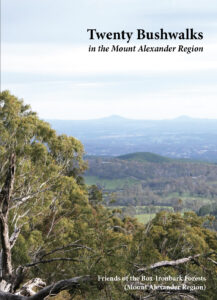
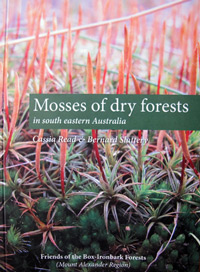 Click on image for info/order page
Click on image for info/order page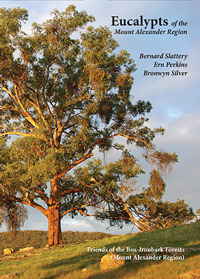 Click on image for info/order page
Click on image for info/order page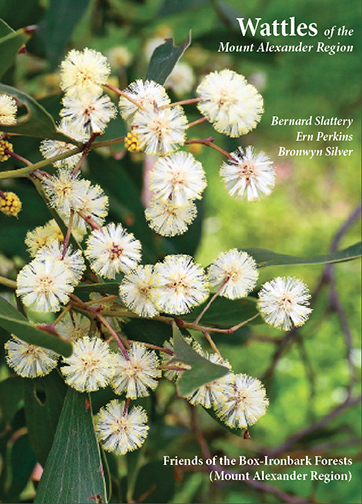 Click on image for info/order page
Click on image for info/order page
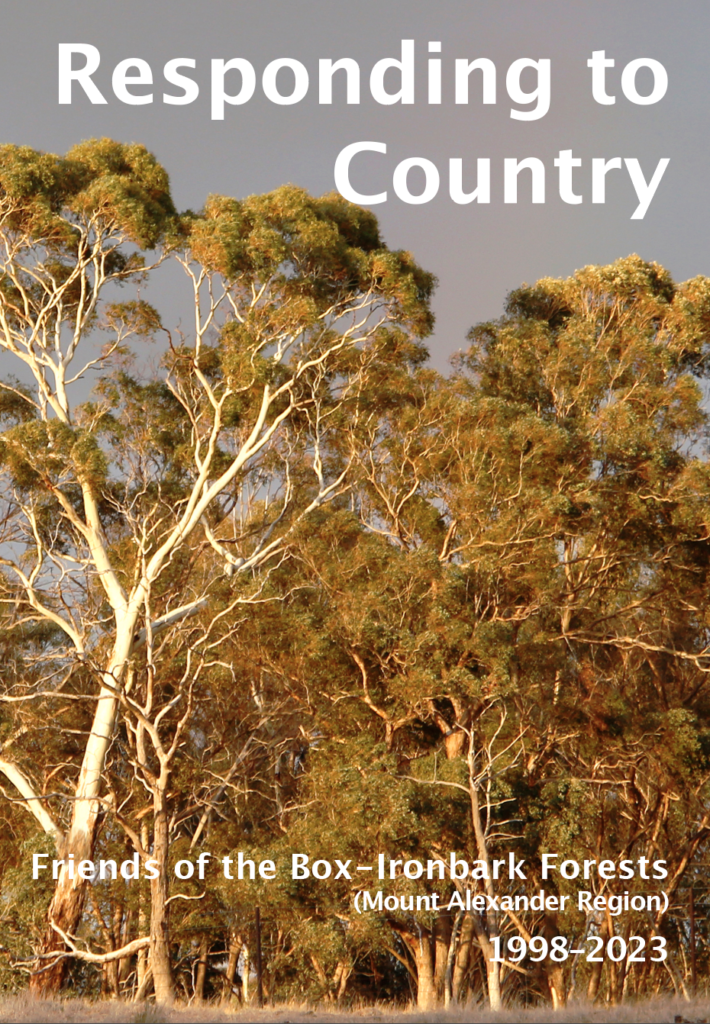


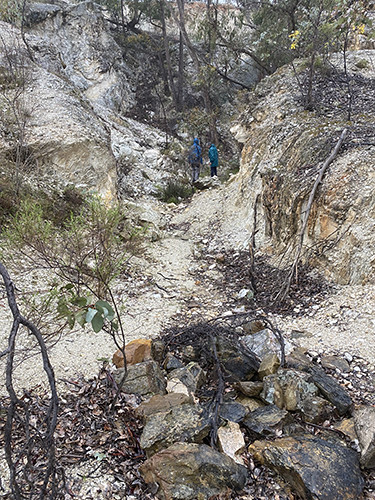



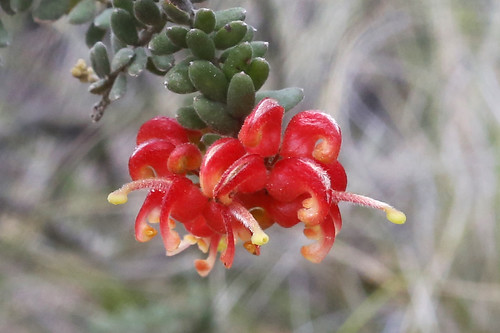













Congratulations on the submission FOBIF made to the water discussion paper. Every point made is valid and important. No grandiosity either.